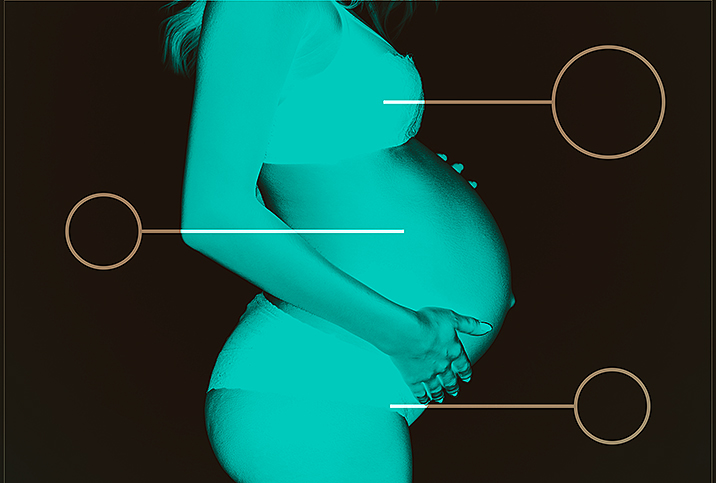How to Support a Successful Surrogacy

Perhaps you have discovered that you are not biologically able to conceive a pregnancy, even after pursuing in vitro (IVF) treatments and artificial insemination. Or maybe you are just interested in knowing all your options for conceiving.
Regardless of your circumstances, conception difficulties can make even the most hopeful optimist feel as if the likelihood of a successful pregnancy is well out of reach. But before you give up on assisted reproductive technology (ART) methods or the idea of children altogether, consider a reproductive pathway that boasts a 60 percent success rate for those who choose it.
Modern surrogacy allows the sperm and egg of a commissioning couple to be fertilized, via IVF and placed into the uterus of a surrogate host. However, whether a surrogacy ends up being successful is dependent on two factors: the successful fertilization of a commissioning donor's zygote and the selection of a good surrogate.
Reliable screening involves extensive psychological and physical profiling of a surrogate well before attempted uterine zygote implantation is made. Therefore, when considering surrogacy, you must ensure the surrogate profiling used in the screening process is thorough and effective.
Choosing the right surrogate
Proper surrogate screening would ensure that a prospective surrogate was mentally and emotionally ready to carry a pregnancy to term. Pregnancy is a demanding and laborious process, both physically and mentally. Pregnancy not only induces physical changes but mental changes as well.
For example, pregnant women can experience episodes of depression and anxiety. In addition, the emotional and mental status of a pregnant woman can affect the health of a baby during pregnancy. So, strong emotional stability can help ensure a safe, successful pregnancy for the surrogate, the child and the commissioning parents.
Along with the thorough psychological screening of prospective surrogate hosts, physical considerations are important, too. For instance, choosing a surrogate who has not previously conceived is risky. A good candidate for surrogacy would be a person who has already successfully carried a birth to term. Additionally, artificially inseminated surrogacies increase the likelihood of a surrogate experiencing pregnancy complications, such as preeclampsia and gestational diabetes. Therefore, it is important that a surrogate has a physical health status that places them at the lowest risk level for experiencing pregnancy complications.
Increasing the likelihood of successful zygote fertilization
Still, proper psychological screening of a prospective surrogate is not the only component that increases the likelihood of a successful surrogacy. As mentioned above, a successful surrogacy first requires the successful fertilization of a zygote. However, if you are an individual who is not able to provide an egg and/or sperm for the fertilization process, there are some options. The most common of them is the selection of an egg and/or sperm donor. Like the profiling of a surrogate, thorough psychological and physical profiling of egg and sperm donors apply.
Know the risks
When assisted reproductive treatments fail or are not an option, surrogacy can be a viable solution for individuals and couples seeking a successful pregnancy. However, the use of surrogacy is not an easy fix, and it can be a stressful endeavor. Successful use of surrogacy requires extensive resources. If you decide to pursue surrogacy, it is important that you choose a good provider, conduct extensive research and have a strong support system throughout the process.


















